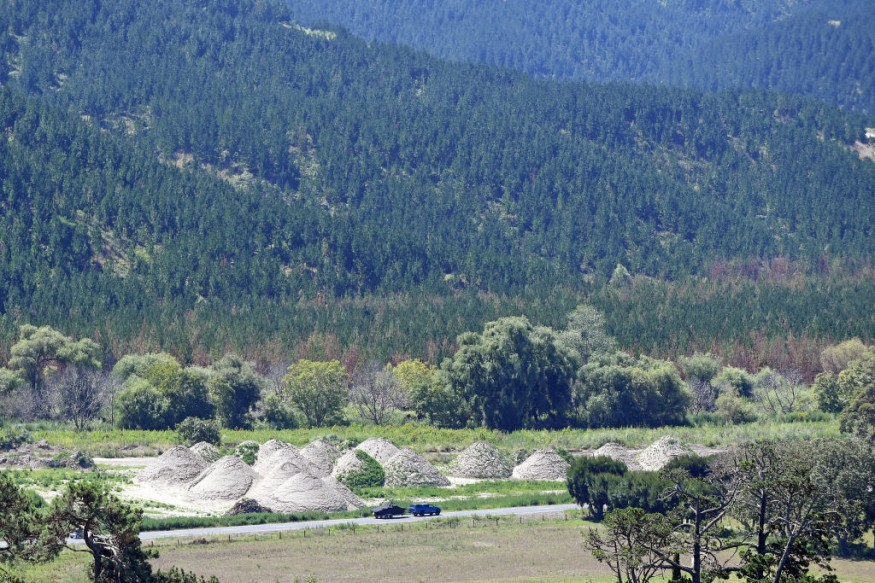
The new chief of the World Meteorological Organization (WMO) has expressed concerns about the growing rate of human-caused climate change and its impacts.
Act Swiftly To Reverse Acceleration
WMO Secretary-General Celeste Saulo stressed that the world needs to act swiftly to address the accelerating temperature.
Temperatures reached 1.48 degrees Celsius above pre-industrial levels last year, a trajectory we must endeavor to reverse, despite the great hurdles offered by formidable economic forces.
Last year, former NASA top climate scientist James Hansen and others published research claiming that the climate is not just warming but also changing at a faster rate.
A second study discovered that ocean heat content, where much of Earth's trapped energy is held, is increasing at a faster rate than before. Other experts disagreed, claiming that warming, fueled by an El Nino, is still continuing at the expected rate.
Saulo believes she sees the acceleration Hansen mentions, particularly after reviewing research conducted by various WMO science teams. She expressed concern about not knowing what it implies for the future.
"We are not there in terms of our scientific understanding of the implications of this acceleration. We don't fully understand how it is going to evolve," she said.
Saulo is the WMO's first female secretary-general, the first from the Americas, and just the second from the Global South.
She previously headed Argentina's meteorological office.
Global Climate
Saulo said her main concern is what is occurring at both poles as the seas warm, ice melts, and society emits more heat-trapping gases.
She finds a relationship between increased Arctic warming and more unexpected but severe cold outbreaks in North America and Europe, which are commonly referred to as the polar vortex leaving its regular northern boundaries.
The difference between winter temperatures in the Arctic and the mid-latitudes isn't as huge as it once was, causing more frequent adjustments in the jet stream, she explained.
The newly appointed WMO chief also underscored that heat waves are the deadliest of all extreme events, and the number of deaths is often underestimated. Furthermore, heat waves have negative consequences for health, fires, and air quality.
Another major issue is the lack of adequate monitoring and warning systems for flooding, storms, heat waves, and droughts, particularly in the developing world. She notes that 50 percent of the population lacks early warning systems.
With what appears to be increased warming, more heat waves, and other extremes such as floods, droughts, and storms, Saulo said running a global climate and weather agency might be difficult.
With the World Economic Forum's efforts to combat the climate crisis and advances in Earth observation technology and data analytics assisting better decision-making, Saulo emphasized the importance of cross-industry and cross-institutional collaboration to create a comprehensive dashboard for near-real-time monitoring and assessment of planetary boundaries.
"I am in a way overwhelmed, but I think we can do something. It's a mix of being overwhelmed, but also being optimistic that there is something we can do and I can do from my position to help our society better prepare for climate change," she added.
Related Article : Greenhouse Gas Levels Hit Record High in 2013: UN Report
© 2025 NatureWorldNews.com All rights reserved. Do not reproduce without permission.





